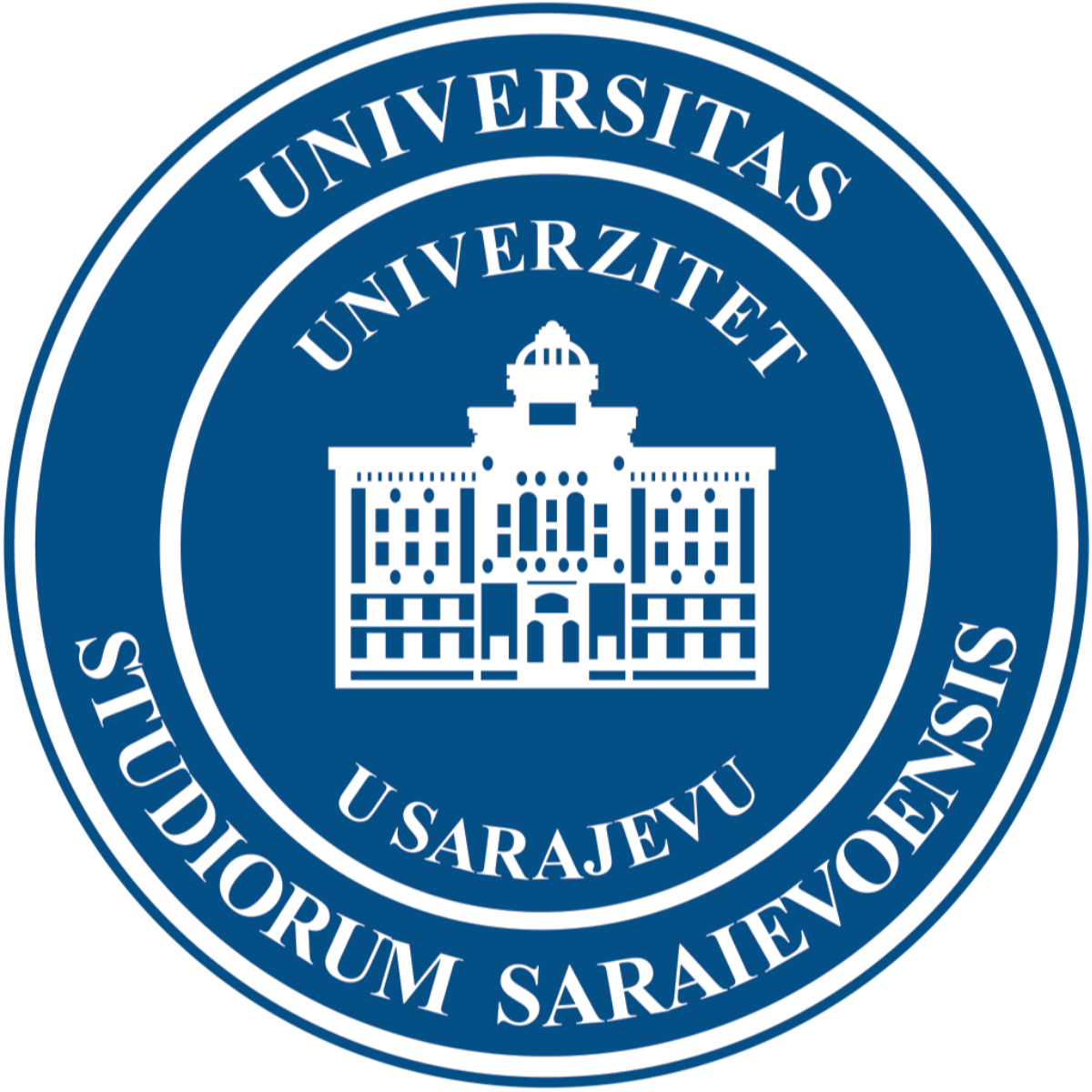Bachelor of Science in Electrical Engineering
Student enrollment and admission
Automation and electronics
Study plan and program
Electric power
Study plan and program
Computing and informatics
Study plan and program from 2014/2015
Study plan and program until 2014/2015
Telecommunications
Study plan and program
Data Science and Artificial Intelligence (DSAI)
Title of the title obtained upon completion of studies: Master - Electrical Engineer, Department of Automation and Electronics
Main field of study: Automation and electronics
Study cycle: Second cycle of studies (Master)
Minimum number of acquired ECTS: 120
Official duration of the study program: Four semesters / Two years
Enrollment requirements: Completed the first cycle of studies lasting at least 180 ECTS, entrance exam in selected areas of automation, electronics and mathematics
Mode of study: Full-time
Official working language: Bosnian / Croatian / Serbian
Educational goals:
Master of Electrical Engineering - Bachelor of Electrical Engineering, Department of Automation and Electronics:
- has fundamental and specialist knowledge needed by electrical engineers with a focus on applications in automation and electronics, which are studied through: advanced chapters of electronics, theory of nonlinear systems, optimal control, design of automatic control systems, design of microcomputer systems, digital computers, mobile robotics, development software, systems engineering, biomedical signals, etc.
- has a broad education in the field of automation and electronics with the aim of a deep understanding of the systems and processes that deal with these areas.
- possesses the skills necessary to work as an engineer designing automation and electronics systems.
- has the ability to independently solve complex engineering problems from both professional and scientific aspects.
- has the ability to define and perform a scientific experiment, presentation and valorization of results.
- possesses knowledge, skills and competencies that enable the continuation of education in the third cycle of studies and lifelong learning
- is able to follow and use relevant professional and scientific literature.
- is able to continuously adopt new knowledge through non-formal learning methods and their application in practice.
- has appropriate communication skills, is prepared for teamwork with people from the same or other fields, is a responsible engineer to the profession and society as a whole.
Learning outcomes:
Upon completion of the second cycle of studies, the student has the following knowledge, skills and competencies:
- knowledge and understanding of modern topics in the field of automatic control, which allow him to identify industrial systems, make adequate mathematical models, design an automatic control system, select appropriate hardware, design dedicated specific hardware, perform customization, parameterization, and develop dedicated software for selected or designed hardware.
- specific engineering knowledge required to synthesize, define and solve specific problems.
- knowledge of the connection of automation and electronics with other areas, primarily power engineering, manufacturing technology, biomedicine, computer technology.
- knowledge of computer science and basics of programming required for the application of computer methods in automation and electronics.
- knowledge of the following areas of automation and electronics: analog, digital and integrated electronics, theory of linear, nonlinear and digital automatic control systems, theory and processing of digital signals, modeling and simulation and identification of dynamic systems, chip design, protection and control of power systems, distributed control, mobile robotics.
- ability to select and apply appropriate engineering principles and mathematical and computer methods to problems in the field of automation and electronics.
- the ability to identify, analyze and define problems in automation and electronics that they did not encounter during schooling.
- ability to solve these problems by applying the acquired engineering knowledge, general knowledge of mathematics, physics and informatics, and specialist knowledge of automation and electronics with the help of appropriate literature that they are able to find.
- ability to design and conduct tests and experiments in the field of automation and electronics from which they can draw conclusions and test hypotheses.
- ability to analyze, synthesize and design: electronic circuits, digital systems, components and subsystems of automatic control systems, mechatronic systems, software applications required for system operation, using appropriate methods and techniques taking into account scientific, technical, social, environmental and economic conditions and standards .
- knowledge of the use of automation and electronics in practice, knowledge of standards and understanding of the impact that automated systems, their operation and maintenance have on the environment.
- ability to work in various professional fields thanks to acquired general, specialist and methodological competencies.
- ability to consult relevant literature, follow seminars and courses, adopt new knowledge and technologies.
- ability to communicate with colleagues and the public on issues and problems related to all areas of automation and electronics.
- ability of individual and team work.
- preparedness to the demands of the industry in its professional engagement.
Study plan and program:
Click here to view and download the plan and program.
